Bell Shelter
The Salvation Army Bell Shelter opened in January 1988 with help from Judge Harry Pregerson, who recognized a critical need for emergency shelter for homeless people in southeast Los Angeles County. The shelter is located in a converted 40,000 square foot hangar formerly used as a U.S. Army Air Base, in the city of Bell. It is the only program of its kind in California to fulfill the objectives of the 1987 Stewart B. McKinney Homeless Assistance Act, which encouraged the use of vacant Federal facilities as homeless shelters.
Bell Shelter - the largest homeless shelter west of the Mississippi - operates a comprehensive program that offers transitional care for up to 350 homeless men and women. The goal of Bell Shelter is to meet the needs of the homeless population by addressing the myriad of reasons why people become homeless and assisting them in developing a higher quality of life through independence. Services offered include: emergency shelter, transitional housing, substance abuse rehabilitation, case management, counseling, on-site health care & medical referrals, HIV/AIDS education, ESL classes, computer training, vocational assistance, job referrals and life skills classes.
Judge Pregerson in May 2015 posing for a picture in front of the Shelter's dinning hall that was named after him.
GrowGood
In the summer 2009, Brad Pregerson, Judge Harry Pregerson’s grandson, volunteered in the Bell Shelter’s kitchen. Brad learned that the kitchen serves over 6,000 meals per week with a weekly budget for fresh produce of a $200. Determined to find a sustainable solution to the lack of fresh produce options for Shelter residents, Brad and his friend Andrew Hunt, constructed 12 raised vegetable garden beds on the 1.5-acre vacant lot adjacent to the Salvation Army’s Bell Shelter. With the help of family and community volunteers, the garden beds soon began to supply the Bell Shelter kitchen with a steady stream of fresh produce.
In 2011, Brad and Andrew Hunt founded GrowGood based on three central precepts: to provide a variety of nutritious, fresh produce to the Shelter’s kitchen; to provide a therapeutic, green space for spiritual and emotional healing; and to provide job training and meaningful resume building employment opportunities for the Shelter’s residents.
The site in August 2011 on the day the raised beds were built.
Currently, GrowGood’s garden consists of an orchard of over 50 fruit trees, 14 raised vegetable garden beds, and a California native garden filled with 300 flowering, draught tolerant plants. The raised vegetable garden beds and trees are connected to a state-of-the-art, Netafim drip irrigation system.
GrowGood's raised-garden bed area.
In 2014, GrowGood delivered over 800 pounds of fresh fruits and vegetables to the Shelter’s kitchen. In 2015, GrowGood expanded its growing site to include in-ground row planting. Because of the expanded growing site, GrowGood estimates it will be able to provide 6,000 pounds of produce to the Shelter’s kitchen annually. Significantly, from January 2015 to May 2015, GrowGood has already provided 500 pounds of fresh lettuce greens alone to the kitchen. In fact, the Shelter's head chef, Amy Carillo, recently told Jayne Torres that she did not purchase any greens for the salad bar in the month of April and May.
GrowGood's in-ground growing area in June 2015. Jayne Torres and Corinne McAndrews spent a year rehabilitating the soil in order to support in-ground planting.
Fresh, organic produce to the Shelter's kitchen. Everyday.






